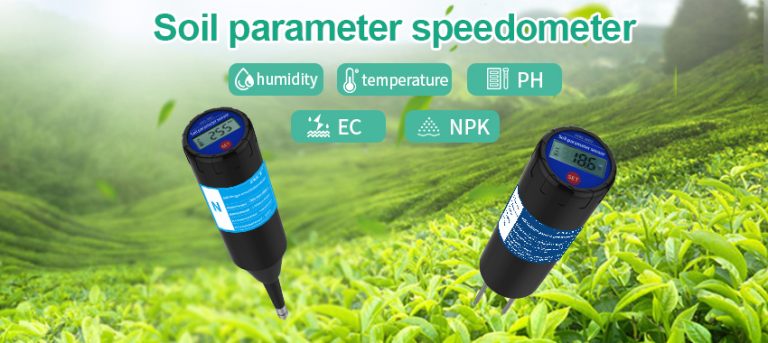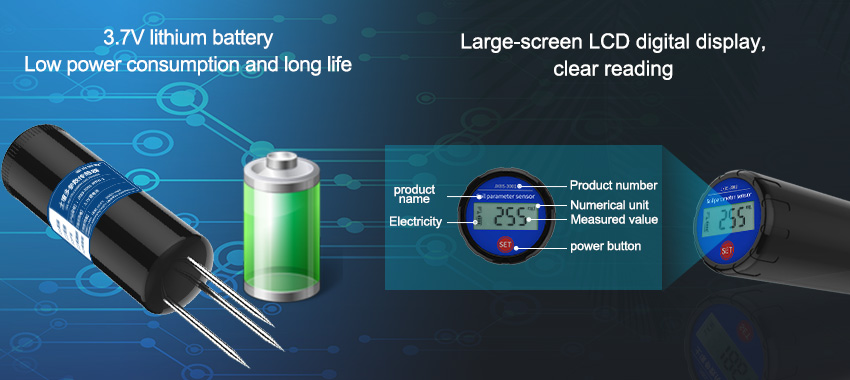What are Soil NPK Sensors?
Soil NPK sensors are devices that measure the concentration of nitrogen (N), phosphorus (P), and potassium (K) in the soil. These three macronutrients are essential for plant growth and development and are often the limiting factors for crop productivity. Soil NPK sensors use various technologies, such as optical, electrochemical, or spectroscopic methods, to provide accurate and real-time measurements of the nutrient levels in the soil.
Benefits of Soil NPK Sensors:

a. Precision Agriculture: Soil NPK sensor enable precision agriculture by providing detailed information about the nutrient needs of plants at different growth stages. This information can be used to tailor fertilizer applications based on actual soil nutrient levels rather than assumptions or general recommendations.
b. Resource Optimization: By monitoring soil nutrient levels, farmers can optimize their fertilizer usage and reduce wasteful and costly over-application. This approach not only saves money but also promotes environmental sustainability by minimizing runoff and leaching of excess nutrients into water bodies.
c. Yield Enhancement: Proper soil nutrient management using soil NPK sensors can significantly enhance crop yields by providing plants with the right amount and type of nutrients at the right time. This leads to healthier and more robust plants that can better resist pests, diseases, and adverse weather conditions.
Features of Soil NPK Sensor:

a. Multi-Nutrient Detection: Look for soil NPK sensors that measure multiple nutrients simultaneously, such as nitrogen, phosphorus, and potassium, to provide comprehensive soil nutrient analysis.
b. Accuracy and Precision: Choose sensors that utilize advanced technologies and algorithms to ensure accurate and precise measurements of soil nutrient levels.
c. Real-Time Monitoring: Select sensors that offer real-time monitoring capabilities, allowing farmers to adjust fertilizer applications and irrigation schedules on the fly based on changing soil nutrient conditions.
d. Easy-to-Use Interface: Look for user-friendly sensors with intuitive interfaces and dashboards that allow farmers to quickly understand and interpret soil nutrient data.
e. Durability and Resistance: Choose sensors that are durable and resistant to harsh outdoor environments and extreme weather conditions to ensure long-lasting and reliable performance.
Importance of Soil NPK Sensor in Agriculture:
Soil NPK sensors are becoming increasingly important in modern agriculture due to their ability to provide accurate and real-time soil nutrient data. By using these sensors, farmers can optimize fertilizer usage, reduce costs, and improve crop yields while promoting environmental sustainability. Additionally, soil NPK sensors can help address global food security challenges by enabling more efficient and productive farming practices.
In conclusion, soil NPK sensor are a crucial tool for farmers and agricultural professionals seeking to achieve optimal soil nutrient management. By considering features such as multi-nutrient detection, accuracy and precision, real-time monitoring, easy-to-use interfaces, and durability and resistance, you can choose the best sensor to suit your specific needs and farming requirements. With the right soil NPK sensor, farmers can take a data-driven and sustainable approach to agriculture, ensuring long-term prosperity and food security.